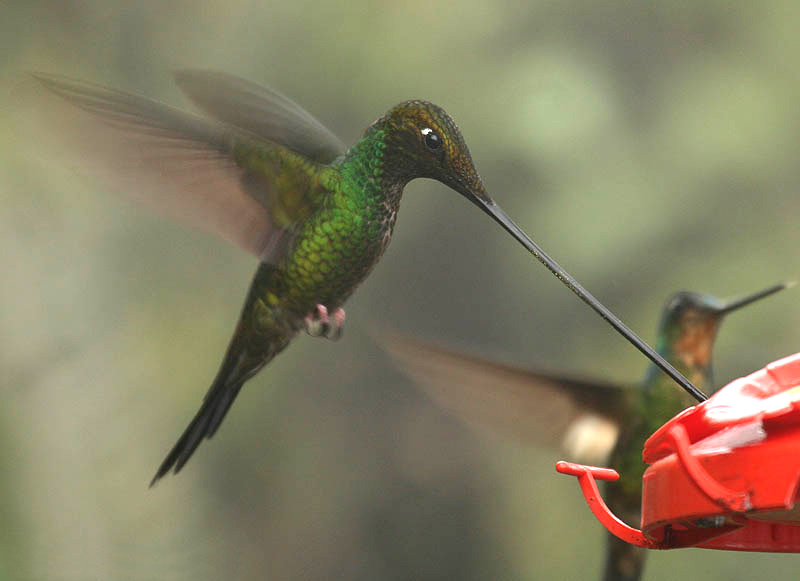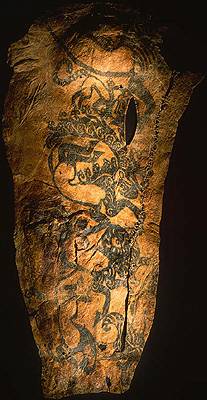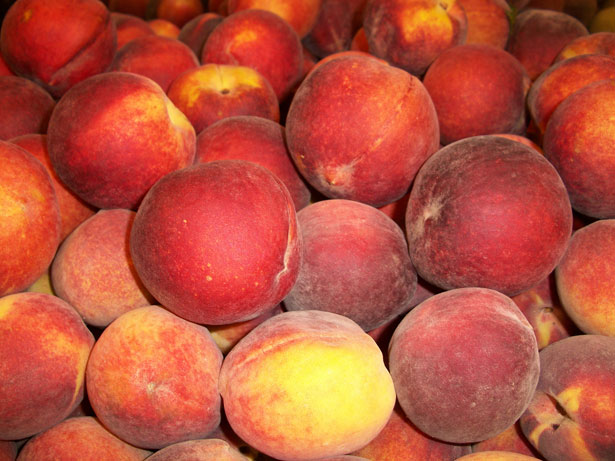Yes?
No?
If you're not that pleased with yourself then there's good news: it is possible for you to morph a bit...


(no, I know that jaguars can't go dark at will, but individuals of a single species that exists in different forms are called morphs).
Time can do amazing things all by itself, for a start:


No, I think you probably do know those nice young men.*
And here's someone who regularly transforms himself quite triumphantly:


Do I have to say that both those pictures are of Dustin Hoffman? The second one is him in the film Tootsie.
So, what do you really want to turn yourself into?
A rock god?
Ah. Really?
Oh dear. Well, that's a challenge. Well, at least looks and talent aren't actually compulsary...
...perhaps you could start by buying a guitar, learning to pay three chords (D, A and G are probably the easiest useful ones). And then hiring a hall.

Good luck!
Thing To Do Today: morph. This word comes from the Greek word morphē, which means shape.
*These are the shapes into which those nice boys, above, morphed.


Tragedy or triumph?



















